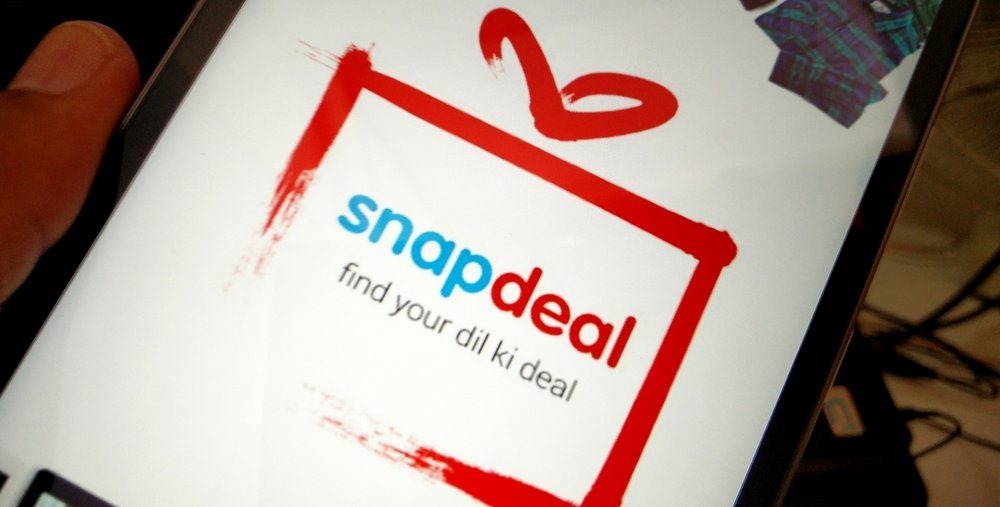Fall of the Indian Unicorn: Snapdeal
May 15, 2017 | Expert Insights

Homegrown e-commerce site, Snapdeal might be taken over by rival company Flipkart, in the next 2-3 months after being a victim of continuous errors and conflict within the board members. Flipkart has already made an informal offer of $750 million to 1 billion and the sale will be monitored by major stakeholder, Softbank.
The Indian Unicorn: Snapdeal
Delhi based e-commerce site Snapdeal was established in 2010 by Kunal Bahl and Rohit Bansal, it is one of the first Indian online markets. Initially a “daily deals platform” later it evolved into an online market with a peak value of $6.5 billion. By 2014 the BIG THREE (Snapdeal, Flipkart and Amazon) had provided to the price sensitive consumers attractive discounts with easy return facilities.
In 2015, Snapdeal was seen competing ferociously with 32% of the share in the hyper competitive Indian market. It hoped to acquire in the next two years a larger market segment, toppling over Flipkart.
However, the burst of the entrepreneurship bubble in India starting 2016, took down with it the fortune of Snapdeal. Incapable of raising sufficient investment coupled with increasing internal conflict and costs, Snapdeal is now set to be taken over by Flipkart in the weeks to come.
Pool of conflicts
The infamous executive board of Snapdeal was represented by founders Bahl and Bansal, Akhil Gupta, Softbank, Nexus Venture Partners and Kalaari Capital.
Inevitable internal conflict among the board members prevented the proper valuation of the company in case of funding or sale. Several offers aimed at reviving Snapdeal were wavered off due to the same.
Snapdeal saw further cutback in cash reserves when exorbitant advertisement programmes failed to bear fruit. To gain consumer loyalty in the face of increasing competition, discounts and free delivery further drained their resources. Subsidiary of Snapdeal, Freecharge also weakened the financial stability of the parent company.
Currently valued at $1 billion dollars, Snapdeal’s exit pay-out is still under consideration. Sources have quoted that the founders will be receiving $30 million, Nexus $60 million and Kalaari $30 million. In addition, $30 million will be paid to 2000 staff members.
Assessment
Resignation of Vani Kola, the sole representative of Kalaari Capital, from Snapdeal’s board speaks of the unescapable future for Snapdeal. The consolidation of Snapdeal and Flipkart will reduce the Indian e-commerce market to an oligopoly. This might be beneficial for Flipkart which will be able to expand its customer base. However, easy entry of foreign companies like Amazon and Alibaba (Chinese e-commerce site) will most likely make it more difficult for homegrown horizontal companies to function.
Failure of Snapdeal characterises the careless spending that companies can resort to, to gain higher market share. Though Flipkart has reduced the commodities under its exchange- policy, it will have to radically alter its business model. Instead of placing market share as its aim, it might now have to look at long term existence as a priority.
The high rate of venture capitalist investment which supported companies like Ola and Snapdeal in 2015, might show further reduction. Bursting of the entrepreneurship bubble, this might just be a boon resulting in more carefully crafted shock absorbent investment models.








Comments